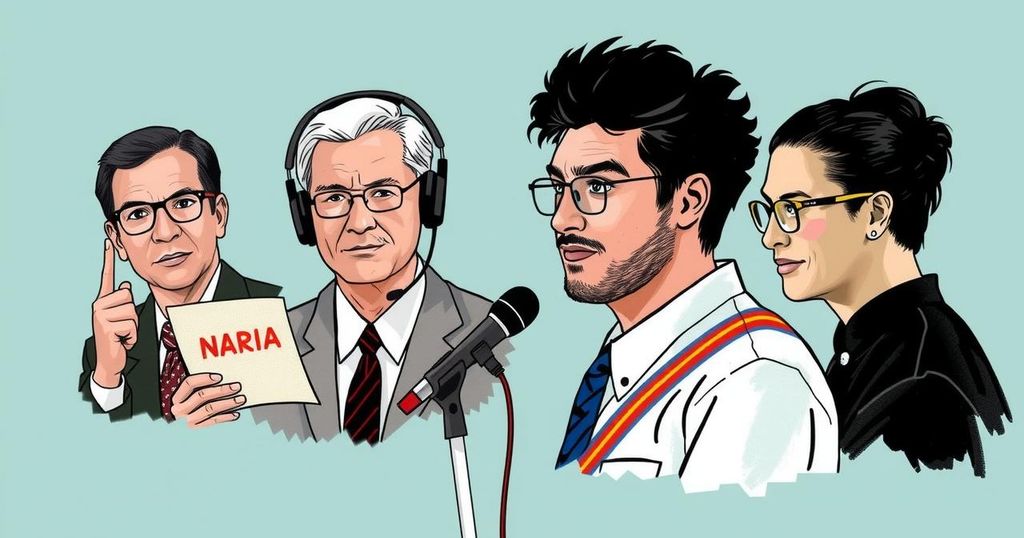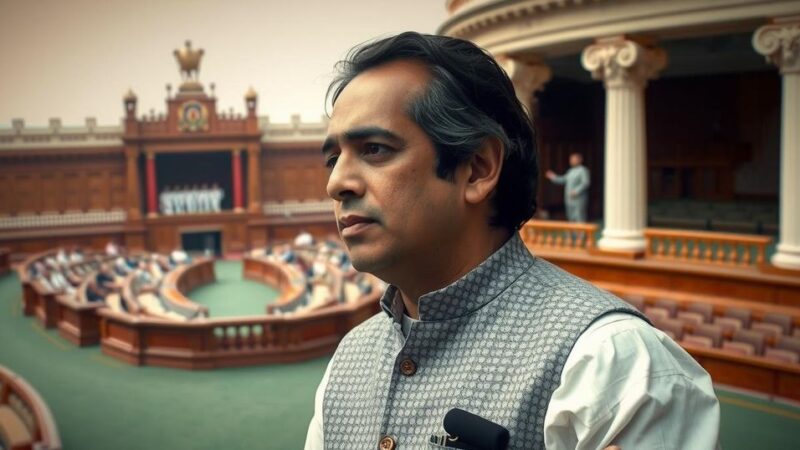Nicaragua is set to enact a constitutional reform in January that would enhance presidential power and regulate media under the pretext of combating misinformation. Analysts warn this reflects a growing trend of authoritarianism aligned with actions taken by Cuba and Venezuela. This reform raises significant concerns about the future of media freedom and civil liberties in the country, marking a troubling precedent of governmental overreach.
In January, Nicaragua is poised to approve a constitutional amendment enhancing presidential authority while intensifying government oversight of media. This legislation seeks to ensure that media entities are free from foreign influence and do not disseminate misinformation. Experts suggest that such reforms mirror trends observed in authoritarian regimes across Latin America, particularly in Cuba and Venezuela. Carlos Jornet, a prominent journalist advocate, remarked that this constitutes a troubling trend toward controlling free speech, especially on social media. Should this amendment pass, it would further entrench power for President Daniel Ortega and his vice president, Rosario Murillo, as they seek to expand their influence amidst a backdrop of media suppression and political repression.
Historically, authoritarian leaders employ legislative reforms as a mechanism to consolidate power and suppress dissent, utilizing media control as a tool for propaganda. Nicaragua’s upcoming constitutional changes represent a continuation of this strategy, reflecting similar patterns seen in nations like Cuba and Venezuela, where governments utilize laws to silence criticism and control public discourse. This environment has resulted in widespread exile of journalists and activists due to fears of imprisonment, highlighting the dire state of human rights and freedom of expression in Nicaragua.
Nicaragua’s proposed constitutional reforms signal a concerning shift toward increased authoritarianism, likely limiting media freedom and civil liberties. The anticipated changes underscore a broader regional trend where governments infringe upon free speech under the guise of protecting national interests and combating disinformation. Observers warn that, if ratified, this amendment would solidify President Ortega’s grip on power and elevate governmental repression of dissent, drawing clear parallels to practices observed in other authoritarian states.
Original Source: www.voanews.com







